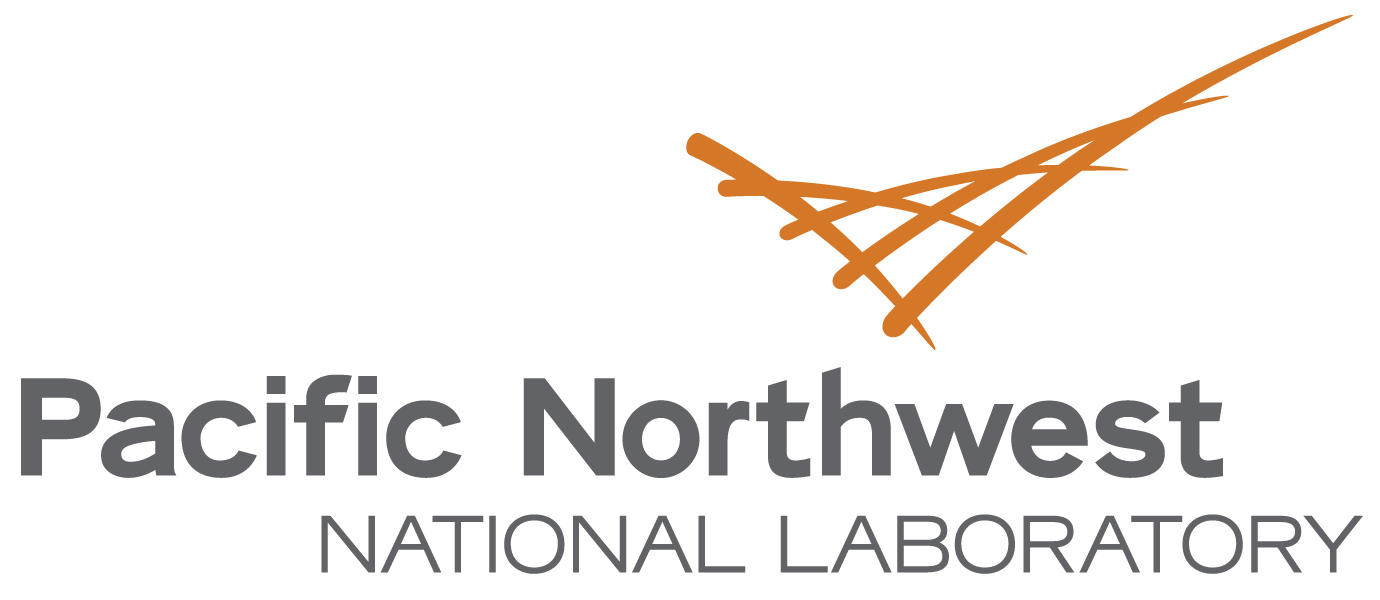This year, Pacific Northwest National Laboratory (PNNL) broke its record for the number of students and research associates hosted through internship and fellowship programs. More than 1,600 interns joined PNNL from colleges and universities across the country and internationally to learn from the experience of working at a national laboratory, alongside experienced researchers leading scientific discovery and technological innovation.
PNNL chemist Grant Johnson is elevating the internship experience and mentoring students from the Science Undergraduate Laboratory Internship (SULI) program to publish research before completing an undergraduate degree, or soon after—opening doors to opportunities.
Students who are selected for the program conduct research on projects supporting the Department of Energy (DOE) mission.
Tips for mentoring a successful internship
Johnson started mentoring interns when he joined PNNL as a post-doctoral researcher in 2009. Introduced to the program by his post-doctoral advisor, he adopted her mentorship model and continued to use it when he became the program lead for the DOE Basic Energy Sciences Separation Science program at PNNL.
Interns joining his team assist in the program’s research mission to isolate different critical minerals, including rare earth elements, from non-traditional and secondary sources. Rare earth elements are essential for advanced electronics, national security, and clean energy applications.
Johnson recommends these three tips for creating a successful scientific internship for undergraduates and giving them the best footing to publish their research.
- Interview: Discover students' interests and ignite passion
- Internship: Create opportunities for project ownership
- Into the future: Make connections to the real-world science impact
When students interview to join Johnson’s team, he engages in conversation with them about their science interests and passions. He offers opportunities for them to take ownership of a research project that they are energized about and compatible with, that is also within their capabilities and limits.
“Creating small projects for interns can make it easier for them to see the meaningful and scientific contributions they can make as researchers,” Johnson said. “We usually teach them a technique they can learn within the timeframe of an internship, with well-defined parameters, and digestible pieces that can lead to a publication.”
For the last four summers, interns on his team have published or come close to publishing their research in a scientific research journal.
“We get to teach and help students develop skillsets in analyzing research data, but also in reading and understanding scientific literature,” Johnson said. “We help them take what they discover and encourage them to learn and read the literature of what others in the field already know, to compare the research and publish their work. These are skills most students don’t have the opportunity to develop as an undergraduate.”
Transitioning interns from the classroom to the laboratory
Samantha Reid, a 2022 SULI intern, joined PNNL the summer before her senior year at Grinnell College.
“My time at PNNL solidified that I wanted to do lab research,” said Reid. “Dr. Johnson and Shuai Tan, a post-doctoral researcher, taught me lab techniques and gave me the opportunity to experiment with incredible instruments and equipment. I learned so much!”
Reid recently graduated with her bachelor’s in chemistry and a minor in neuroscience. She was accepted to the University of Wisconsin-Madison’s graduate Neuroscience Training program, where she’ll train to become a neuroscience researcher.
“Students are inside of a laboratory and working with instruments and a team to solve scientific challenges,” said Johnson. “They learn the practical reality of a lab—how to think through challenges and setbacks, how to rely on their team for support and feedback, and how to problem solve to find solutions.”
Reid was excited about the opportunity because of the impact the COVID-19 pandemic had on her access to classroom laboratories and experience.
“When I joined PNNL I wasn’t sure what to expect, but I knew that I wanted and needed laboratory experience,” she said. “Virtual learning during the pandemic limited that opportunity.”
Johnson and his team invite interns to help with their research, currently focused on developing a fundamental understanding of structure-function relationships to support the design and synthesis of tailored materials to improve separations of metals and ions from water.
Reid prepared a draft manuscript on her research characterizing graphene oxide flake sizes for potential application in water purification membranes.
Though not all of Johnson’s interns publish within a 3-month span, most students complete about 75 percent of their SULI research projects. Many return to PNNL or continue to work on their projects when the internship is over.
“Producing and publishing a peer-reviewed paper as a first author creates a massive advantage for students pursuing graduate school,” said Johnson.
Michael Hewitt, a 2019 SULI intern, returned to PNNL twice, publishing two papers, one in the Journal of Physical Chemistry and the other in the Journal of the American Society for Mass Spectrometry, as an undergraduate student.
Mallory Philliber, a 2021 SULI intern, published an article in the Journal of the American Society for Mass Spectrometry.
“The SULI internship is only 10-weeks long, but Johnson made it clear that it was possible to draft a publication. It was almost a full year after the internship ended that we published. I’m proud to be the first author on a paper and it makes me happy that my internship resulted in that,” said Philliber.
###
About PNNL
Pacific Northwest National Laboratory draws on its distinguishing strengths in chemistry, Earth sciences, biology and data science to advance scientific knowledge and address challenges in sustainable energy and national security. Founded in 1965, PNNL is operated by Battelle for the Department of Energy’s Office of Science, which is the single largest supporter of basic research in the physical sciences in the United States. DOE’s Office of Science is working to address some of the most pressing challenges of our time. For more information, visit https://energy.gov/science. For more information on PNNL, visit PNNL's News Center. Follow us on Twitter, Facebook, LinkedIn and Instagram.



